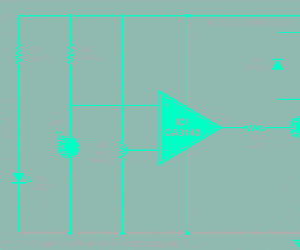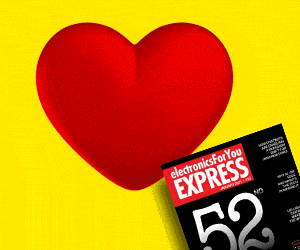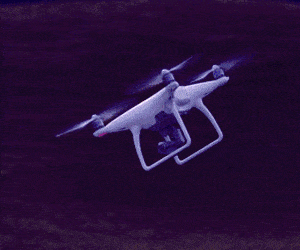Murata introduces high-precision automotive timing devices with unparalleled temperature resilience for next-generation vehicle systems.

Murata Manufacturing, Japan has launched an innovative automotive timing device with an industry-leading frequency tolerance of ±40ppm across a broad temperature range of -40°C to +125°C. The device is designed to meet the stringent demands of modern automotive systems, this device enables reliable, high-precision performance in the critical timing functions needed for in-vehicle networks (IVN), wireless communications, and advanced driver assistance systems (ADAS).
In response to the automotive industry’s shift toward tighter integration and downsized electronic components, the company’s new high-accuracy, high-temperature crystal unit (HCR), also known as the XRCGE_M_F series, pioneers advancements in component reliability. Conventional automotive timing devices often lack the precision required for advanced applications, especially in high-stress temperature conditions. The company’s HCR is the first of its kind to achieve consistent performance without requiring calibration or temperature compensation, reducing both development time and costs for automotive engineers.
Meeting rising demands for technologies like ‘Bluetooth Low Energy’ (BLE) and ‘Ethernet’ in vehicles, the company’s HCR supports next-gen vehicle communication and safety systems. “HCR is a true step forward that perfectly aligns with the latest automotive demands,” said Munenori Hikita, director of the functional devices division, Murata. This timing component offers impressive stability, helping engineers deploy more compact designs and high-performance communication circuits without compromising accuracy.
Drawing on a legacy of innovation dating back to the company’s first ceramic resonators in 1997 and the subsequent crystal units introduced in 2015, the HCR represents a new standard. Its design is made possible through optimised artificial crystal growth and the company’s advanced resin-sealed packaging, engineered to withstand high temperatures and support critical automotive functions. As a result, this device is ideal for IVNs, ADAS components such as cameras, LIDAR, and RADAR, and emerging wireless applications including RF, NFC, Zigbee, UWB, and BLE.
The company’s sturdy supply chain ensures reliable component availability for automotive manufacturers, further strengthened by the HCR’s durability and resistance to solder cracking, which secure long-term performance. The HCR series has entered mass production, with samples available for interested automotive partners.














